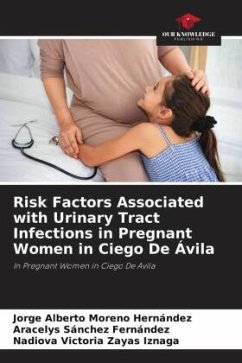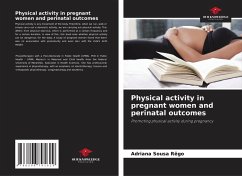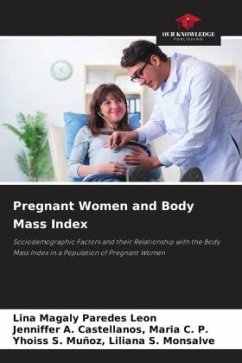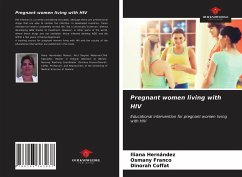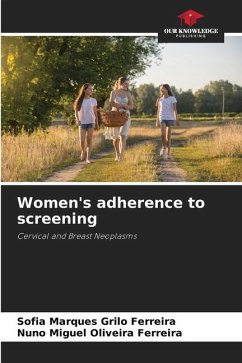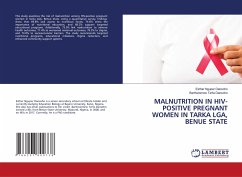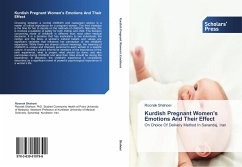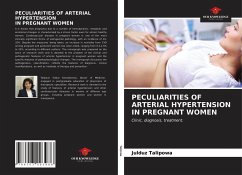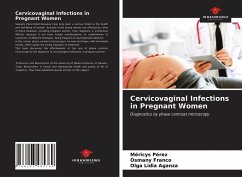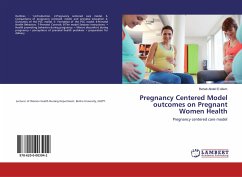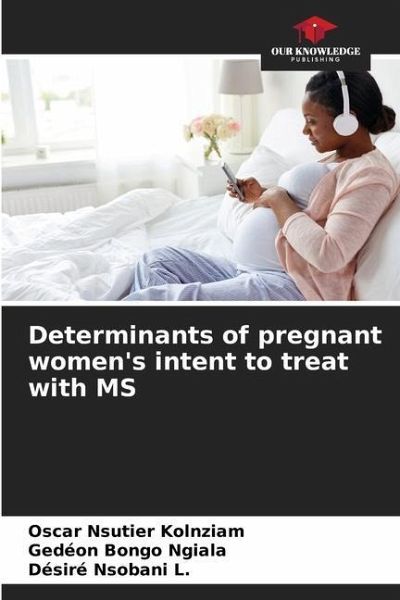
Determinants of pregnant women's intent to treat with MS
Versandkostenfrei!
Versandfertig in 6-10 Tagen
36,99 €
inkl. MwSt.

PAYBACK Punkte
18 °P sammeln!
Malaria is the leading cause of mortality and morbidity in the DRC, particularly among children under 5 years of age and pregnant women. Some pregnant women in the city of Kinshasa, located in a malaria endemic area, do not receive sufficient preventive or curative care. Malaria prevention for them should be provided as part of a comprehensive package of care defined according to ANC operational standards. The purpose of this study was to identify psychosocial factors that may explain pregnant women's intention to adhere to the optimal time frame for IPT to SP in the Lemba HZ health facilities...
Malaria is the leading cause of mortality and morbidity in the DRC, particularly among children under 5 years of age and pregnant women. Some pregnant women in the city of Kinshasa, located in a malaria endemic area, do not receive sufficient preventive or curative care. Malaria prevention for them should be provided as part of a comprehensive package of care defined according to ANC operational standards. The purpose of this study was to identify psychosocial factors that may explain pregnant women's intention to adhere to the optimal time frame for IPT to SP in the Lemba HZ health facilities. Behavioral, control, normative beliefs, and the importance given to facilitating or hindering factors show a strong relationship with intention. Thus, behavioral beliefs (beta=0.236; p<0.05) and control beliefs (beta=0.235;p<0.05) are correlated with intention. In contrast, the importance placed on facilitating or hindering factors (beta=0.131; p>0.05) and normative beliefs (beta=0.038; p>0.05) were not significantly related to intention.



